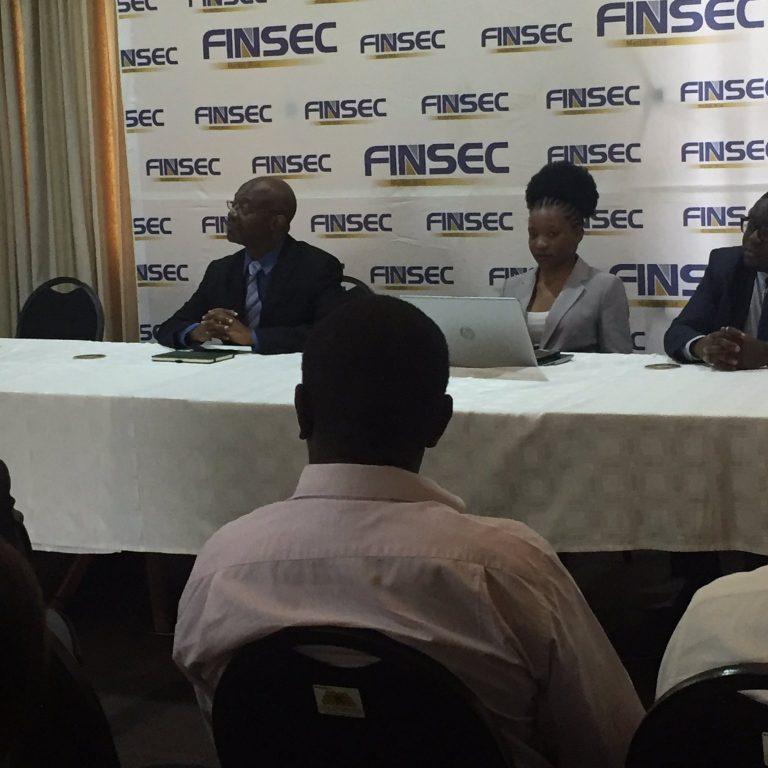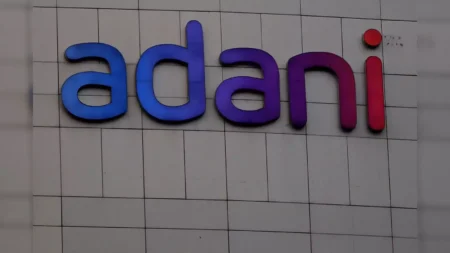- FINSEC introduces automated contract writing and derivatives trading, complete with direct integration of the trading, clearing, custody, and settlement facilities.
- The market will be on a 6-month trial window to enable market participants and investors to familiarize themselves with the newly established market.
- A derivative is an agreement between traders for selling or buying of shares, commodities, and currency in the future at an agreed price
Zimbabwe’s alternative trading platform, Financial Securities Exchange (FINSEC), has introduced the first-ever derivatives trading platform in Zimbabwe. This should further widen investment options for investors in the country.
FINSEC continues to be the torch bearer in deepening and broadening the local capital markets through product and service innovation. The derivatives products will provide investors with more choices and will ensure Zimbabwe takes its rightful place in securities trading.
Financial Securities Exchange (Private) Limited (FINSEC) is licensed by the Securities and Exchange Commission of Zimbabwe as a Securities Exchange (Alternative Trading Platform).
According to an article by the Herald published June 24, 2022, speaking at the virtual launch, FINSEC Chief Executive Officer Collen Tapfumaneyi said, “The new way of trading is upon us, and this is the step in the right direction as it allows retail investors and other investors to move into more trading instruments rather than equities alone.”

This will enable trading by retail investors of index futures, stock futures, and stock options listed on the FINSEC derivatives market. “This is meant to widen opportunities for investors to diversify their portfolios and offer them risk management tools in line with global trends,” he said.
The Securities and Exchange Commission of Zimbabwe (SECZIM) acting chief executive officer, Gerald Dzangare also said, “The launch of Derivatives Market by FINSEC is indeed a welcome step as the country progresses towards matching international standards in the issuing, listing, trading, and settlement of diversified securities for the benefit or both retail and institutional, local and foreign investors.”
According to the SECZIM, the coming in of this new product is evidence that Zimbabwe is ready for innovative products through the continued diversification of capital markets from just equities and fixed income instruments.
Dzangare said; “The Government of Zimbabwe is working on making the country investor-friendly and the capital markets must consciously do its part by having products and services that speak to the needs and expectations of investors from across the globe.”
According to a related article by Techzim dated March 16, 2022, a derivative is an agreement between traders for selling or buying of shares, commodities, and currency in the future at a price agreed upon today hence little or no investment is needed to enter into such a contract.
The contract gives the right to buy or sell the securities at the previously agreed price irrespective of the price of the same in the spot market. The value of this contractual agreement changes with the price movement of the mentioned security in the spot market.
Derivatives are used to reduce the exposure of risk (hedging) and assist in countering financial risks associated with fluctuation of price, interest rate, and currency exchange rate. They also protect sellers from loss due to price fluctuation (price downfall).
Derivatives also provide a platform to speculate and make a profit for those who are ready to take risks. Above all financial derivatives transfer risks from those who want to avoid them to those who are ready to accept them.
The market is on a 6-month trial window to enable market participants and investors to familiarise themselves with the newly established market. During the pilot window, retail investors will be subject to maximum position limits of $100 000.
According to the Herald, the derivatives available for trading will be Simbisa Stock Futures, Econet Wireless Stock Futures, Innscor Stock Futures, Delta Stock Futures, and Ecocash Stock Futures.
Stock Options will include Delta Stock Options, Ecocash Stock Options, Simbisa Stock Options, Econet Wireless Stock Options, and Innscor Stock Options. For Index Funds, FINSEC partnered with Morgan and Co. for the creation of the indices.
Tapfumaneyi said, “The companies selected here were based on how liquid they were, as we felt it was a critical factor in the drive to have working derivatives.”
Nairobi Securities Exchange (NSE) CEO, Geoffrey Odundo who was the guest of honour at the launch reiterated that there is a need for market flexibility to produce more products for investors.
Odundo said, “For the market to work efficiently and effectively, there will be a need for significant support from both trading participants and the regulators. Trading participants are the main client touch points and need to market the products to clients.
Derivatives Trading Participant Roles and Responsibilities
The following are some of the key participants involved in the trading of derivatives and their roles and responsibilities, according to an article by Newsday published on December 2, 2021;
- Contract Writer
The contract Writer initiates the transactions by writing the Option contracts and making them available on the FINSEC Electronic Trading Platform. FINSEC requires contract writers to be fully aware of the rights and obligations before writing the contracts. Therefore, only approved contract writers with the relevant knowledge of Derivatives trading shall participate.
- Clearing Participants
Clearing Participant is a Derivatives Trading participant who is a member of FINSEC. According to FINSEC rules, Options contracts shall only be written and traded on the FINSEC platform through Clearing Participants. The Clearing Participant shall clear and authorize all buy and sell orders and collects the appropriate collateral from the Contract Writer and deposit it with the Custodian Bank. This will be done upon confirmation of the availability of acceptable collateral.
For Futures trading, all investors shall take positions through the Clearing Participant. The Clearing Participant shall clear orders from their clients and manage the Margin Accounts for all open positions. It is the role of the Clearing Participant to authorize orders depending on the availability and adequacy of the margins.
- Custodian
Custodians can also register as Clearing Participants and are responsible for the safekeeping of the underlying securities, that is, cash or equities deposited as collateral. They hold the collateral for trades placed for Option Contracts that are executed through the Clearing Participants. The collateral shall be released for liquidation when the Contract writer fails to meet their obligations. If the funds are sufficient to cover obligations, the Custodian shall be instructed to release the collateral back to the Contract Writer.
- Settlement Bank
The Settlement Bank is responsible for executing the settlement instructions for the payments resulting from the Derivatives. It also maintains and monitors the Settlement Bank Accounts and provides clearing and other banking services. The Settlement Bank shall abide by the Delivery Versus Payment (DVP) Rules as a condition of its participation in Derivatives Settlement.
Derivatives, like any investment instrument, have several risks which require careful analysis and management. FINSEC has fully automated the end-to-end processes of derivatives trading – from contract writing to settlement – and has onboarded many specialist participants to provide expert advice and other services for the integrity of the market and the protection of investors.
Read: NSE gets green light for Derivatives Market











